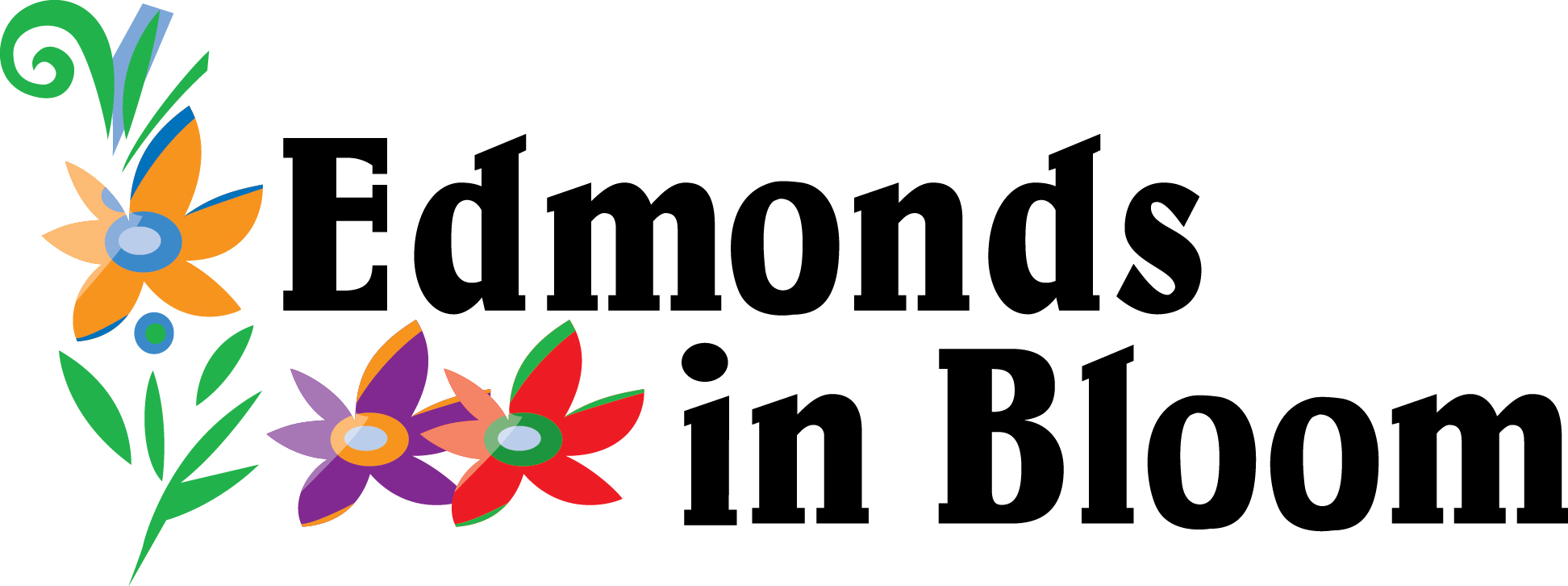UW Farm
Discovering the UW Farm: A Sustainable Urban Oasis
In the heart of the University of Washington’s Seattle campus, the UW Farm is a thriving hub of sustainable agriculture and community engagement. This student-powered urban farm, covering three-quarters of an acre across three sites, serves as a living laboratory for hands-on learning, research, and outreach. Whether you're a student, faculty member, or community resident, the UW Farm offers an enriching experience that connects you to the earth, teaches sustainable practices, and fosters a sense of community.
A Video Walk-Through of UW Farm
A History Rooted in Sustainability
The UW Farm was established in 2006 as a small student project with a vision to create a space where people could learn about and practice sustainable agriculture. Since its inception, the farm has grown both in size and scope, becoming an integral part of the University of Washington Botanic Gardens. It operates on three main sites: the Center for Urban Horticulture (CUH), the Mercer Court Apartments, and the McMahon Hall Terrace. Each site offers unique opportunities for growing different types of crops and engaging with various aspects of urban farming.
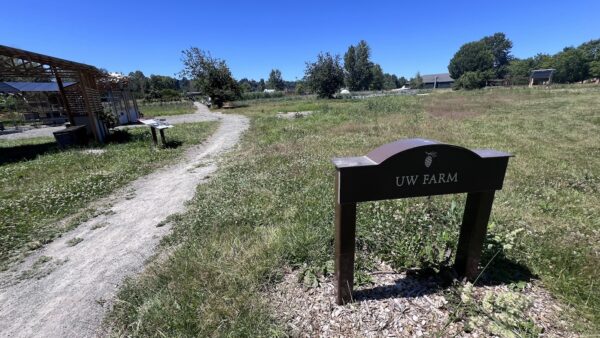
Cultivating a Sustainable Future
At its core, the UW Farm is dedicated to promoting sustainable agriculture and environmental stewardship. The farm employs a variety of sustainable practices that minimize environmental impact, conserve resources, and enhance biodiversity.
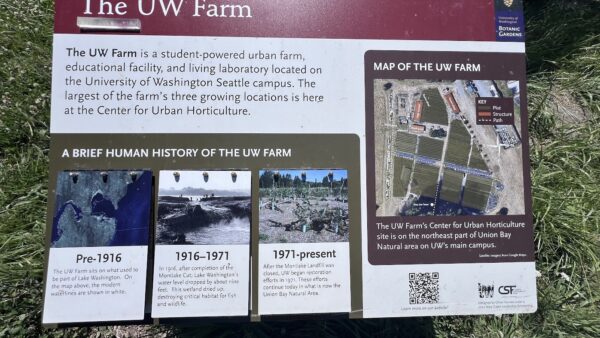
Organic Farming Practices
The UW Farm adheres to organic farming principles, avoiding synthetic pesticides and fertilizers. Instead, they use natural methods such as composting, crop rotation, and integrated pest management to maintain soil health and control pests. This approach not only produces healthier crops but also protects the surrounding ecosystem.
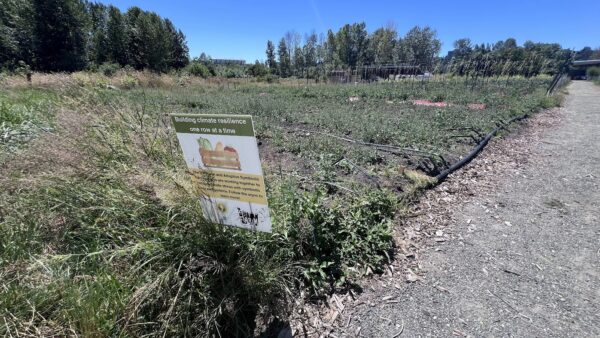
Composting and Soil Health
Composting is a fundamental practice at the UW Farm. The farm composts organic waste from campus dining facilities and other sources, transforming it into nutrient-rich soil amendments. This closed-loop system reduces waste, enhances soil fertility, and supports healthy plant growth.
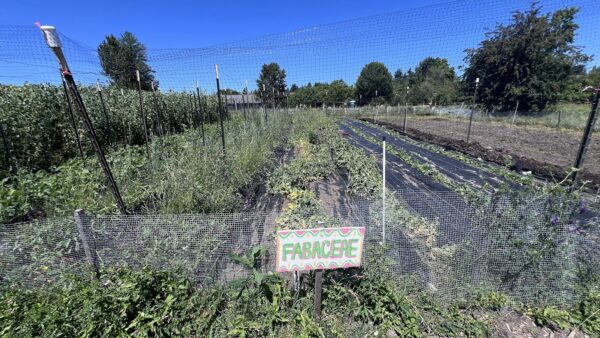
Water Conservation
Water conservation is another key focus at the UW Farm. The farm utilizes drip irrigation and other efficient watering techniques to minimize water use and ensure that crops receive the optimal amount of moisture. Rainwater harvesting systems also help to capture and reuse rainwater, further reducing the farm’s water footprint.
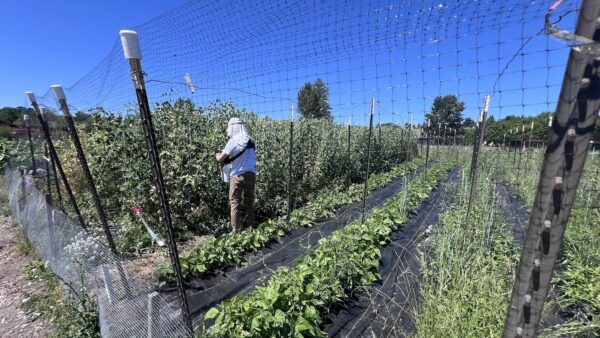
Educational Opportunities and Community Engagement
One of the most important roles of the UW Farm is its commitment to education and community engagement. The farm serves as a hands-on learning environment for students, offering a wide range of educational programs and opportunities for community involvement.
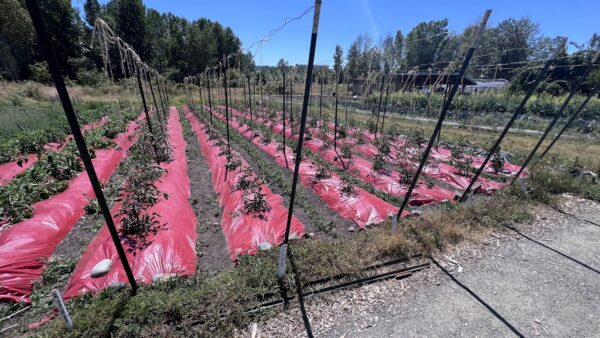
Academic Integration
The UW Farm is deeply integrated into the university’s academic programs. It serves as a living classroom for courses in environmental science, biology, agriculture, and more. Students gain practical experience in sustainable agriculture, learning about everything from soil science and plant biology to food systems and ecological conservation. Research projects at the farm also contribute to our understanding of sustainable farming practices and their broader impacts.
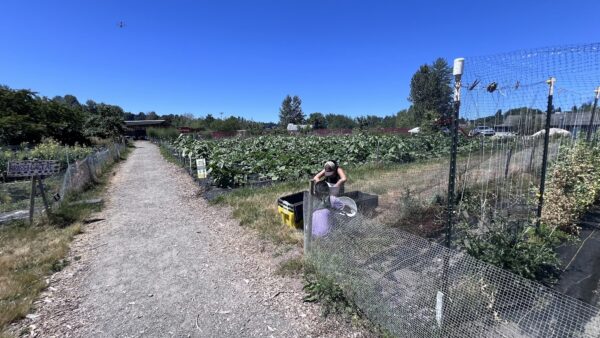
Internships and Volunteering
The farm offers internships and volunteer opportunities for students and community members who want to get involved. Interns and volunteers work alongside experienced staff and learn valuable skills in farming, gardening, and sustainability. These hands-on experiences not only enhance participants' knowledge but also foster a sense of responsibility and connection to the environment.
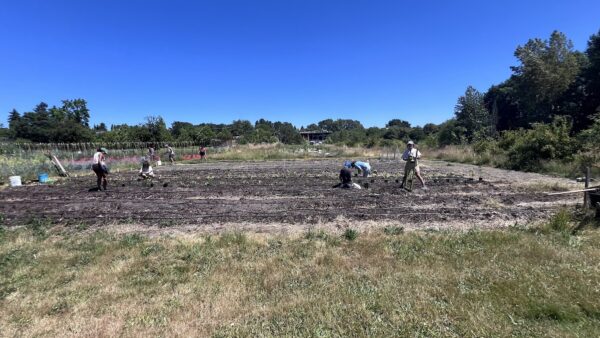
Workshops and Events
Throughout the year, the UW Farm hosts a variety of workshops, tours, and events. These programs cover topics such as composting, seed saving, urban farming, and sustainable food systems. Events like farm tours and harvest festivals provide opportunities for the community to engage with the farm, celebrate local food, and learn more about sustainable agriculture.
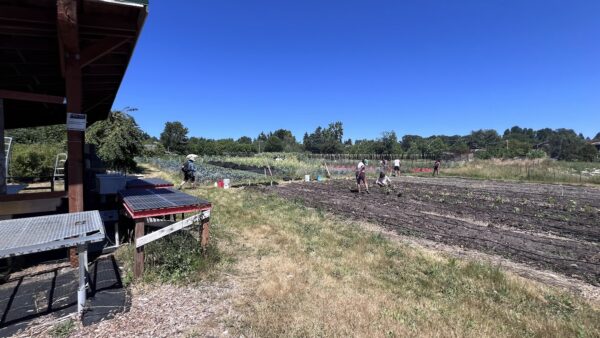
Community Supported Agriculture (CSA)
The UW Farm operates a Community Supported Agriculture (CSA) program, offering fresh, locally grown produce to the community. CSA members receive a weekly share of the farm’s harvest, which includes a diverse selection of vegetables, herbs, and fruits. This program supports the farm financially, connects people to their food source, and promotes healthy, seasonal eating.
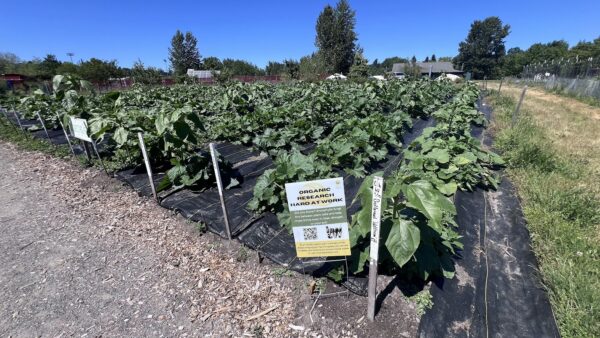
Research and Innovation
Research is a key component of the UW Farm’s mission. The farm serves as a research site for studies on sustainable agriculture, urban farming, and food systems. Collaborations with faculty and other research institutions help to advance knowledge and develop innovative solutions to agricultural challenges.
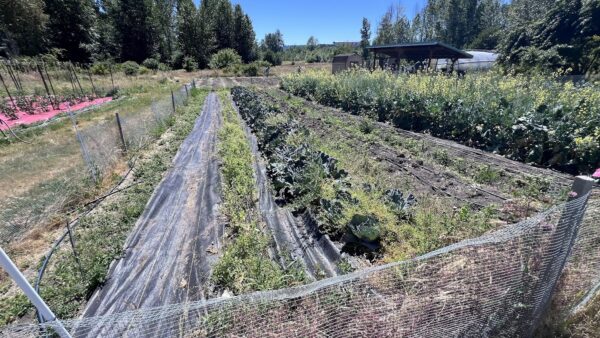
Sustainable Agriculture Research
Research at the UW Farm explores a wide range of topics related to sustainable agriculture. Studies on soil health, pest management, crop diversity, and climate resilience provide valuable insights that can be applied to farming practices both locally and globally. The farm’s research contributes to the development of more sustainable and resilient food systems.
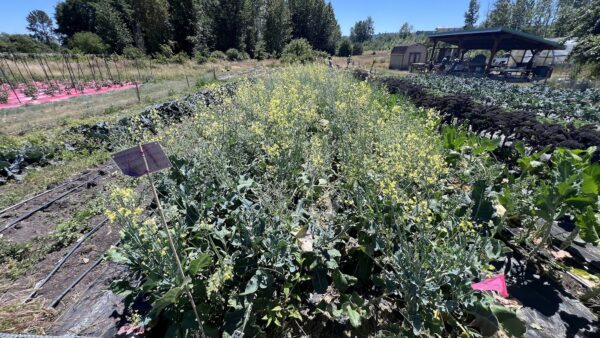
Urban Farming Innovations
As an urban farm, the UW Farm is uniquely positioned to explore the challenges and opportunities of growing food in urban environments. Research projects investigate methods for maximizing productivity in small spaces, integrating farming into urban landscapes, and increasing access to fresh, local produce in cities. These innovations are crucial for addressing food security and sustainability in urban areas.
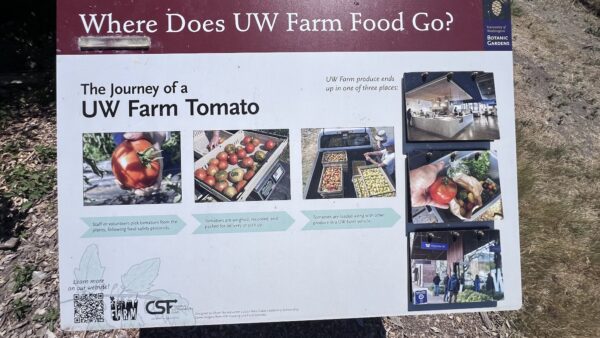
A Vision for the Future
Looking ahead, the UW Farm continues to expand its impact and reach. Future plans include increasing the farm’s production capacity, enhancing educational programs, and strengthening community partnerships. By doing so, the farm aims to inspire more people to engage with sustainable agriculture, support local food systems, and contribute to a healthier planet.
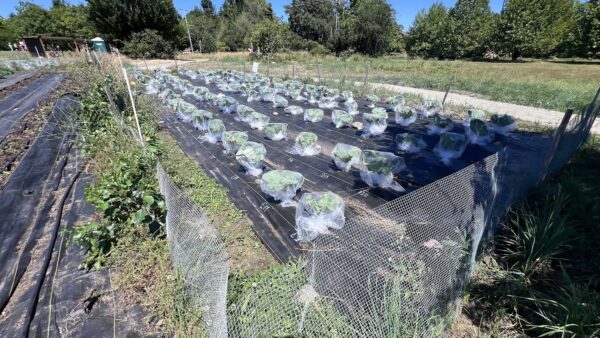
Expansion and Development
The UW Farm is continually exploring opportunities for expansion and development. Plans for new infrastructure, additional growing spaces, and enhanced facilities will support the farm’s growth and enable it to serve even more students and community members.
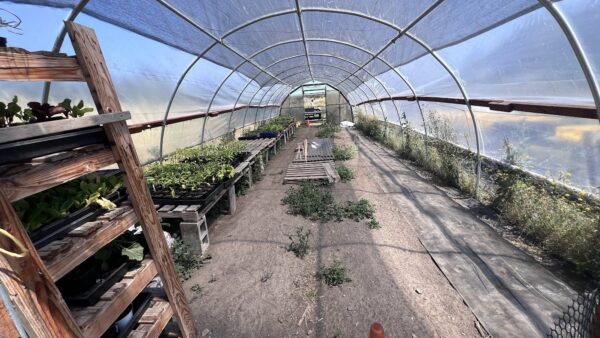
Strengthening Community Connections
Building stronger connections with the community is a key priority for the UW Farm. Collaborations with local organizations, schools, and businesses help to broaden the farm’s reach and impact. By fostering a network of support and collaboration, the farm aims to create a more resilient and sustainable local food system.
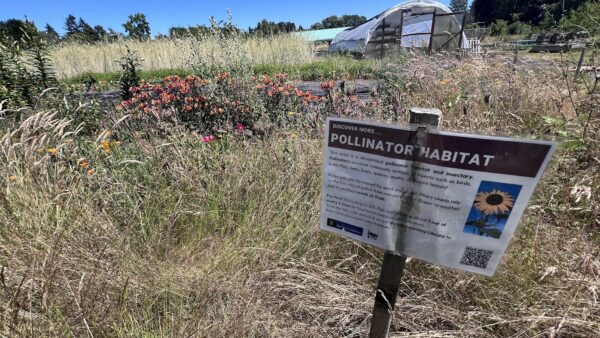
Inspiring a New Generation
Ultimately, the UW Farm’s greatest impact lies in its ability to inspire and educate the next generation of farmers, scientists, and environmental stewards. Through its comprehensive educational programs, hands-on experiences, and community engagement, the farm nurtures a deeper understanding and appreciation of sustainable agriculture and environmental stewardship.
The UW Farm is more than just an urban garden; it is a vibrant community of learners, growers, and advocates for sustainable agriculture. With its rich history, commitment to sustainability, and dedication to education and community engagement, the farm serves as a model for what is possible in urban agriculture. Whether you are a student, a community member, or simply someone interested in sustainable farming, the UW Farm invites you to explore its gardens, learn from its practices, and join in its mission to cultivate a healthier, more sustainable future.
